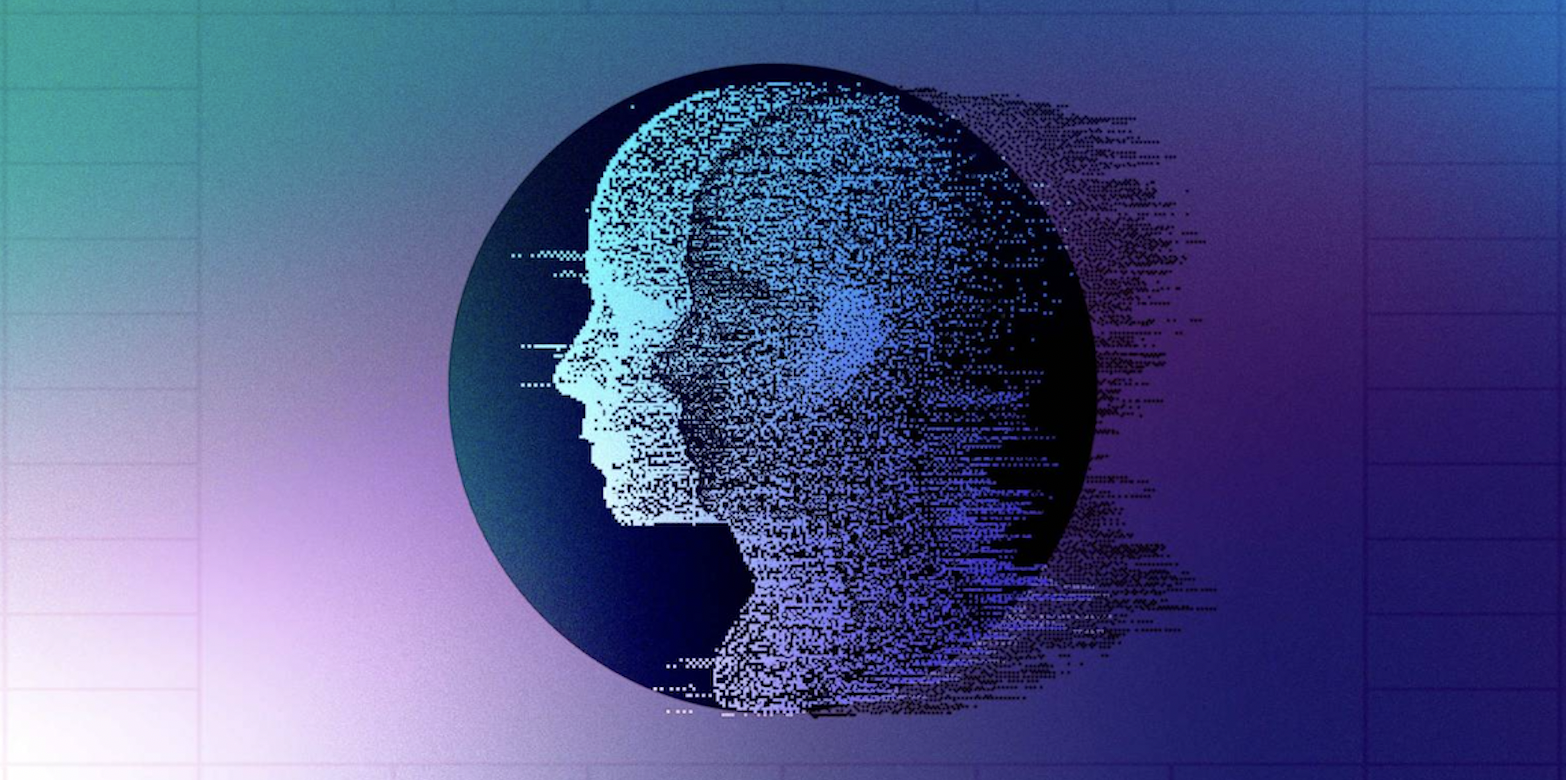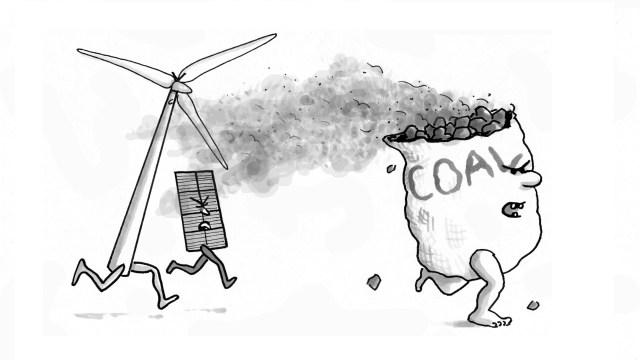Can AI simulations predict the future?

Photo by Visual China Group via Getty Images/Visual China Group via Getty Images
- While multi-agent artificial intelligence was first used in the sixties, advances in technology have made it extremely sophisticated.
- Everything from online trading to disaster response training can be accomplished with MAAI.
- The dark side of MAAI is the potential manipulation of voters and other insidious applications.
The recent U.S. backflip on Syria has certainly not helped the nation’s residents. Before the Syrian Civil War in 2017, the estimated population was 22 million; today it is roughly five million fewer, with another six million “internally displaced.” With Turkey launching an invasion, we can expect more Syrian citizens to become refugees.
Beyond the occasional news feature inside of refugee camps, you hear very little about where Syrians end up, save when far right leaders demand it not be in their backyard. How can you tell if they will successfully integrate into the foreign populations they must seek aid from?
This question needs to be asked without knee-jerk reactions from either side of the partisan aisle. It appears that an emerging application of AI might help us in this quest.
Multi-agent artificial intelligence (MAAI) is predictive modeling at its most advanced. It has been used for years to create digital societies that mimic real ones with stunningly accurate results. In an age of big data, there exists more information about our habits — political, social, fiscal — than ever before. As we feed them information on a daily basis, their ability to predict the future is getting better.
Multi-Agent Hide and Seek
Multi-agent systems have been used to predict online trading behaviors, disaster response protocols, and social structure modeling. They can help us understand dimensionality, discreteness, determinism, and episodicity. To return to Syrian refugees, such models allow us to ask the following questions:
- Are the spatial characteristics of host nations relevant to refugees?
- Can we accurately predict the number of potential outcomes of integration?
- Will integration lead to social turmoil or harmony?
- How will refugee integration in 2019 affect the nation in 2029?
Syria is not the only model that can be constructed using MAAI. An even more contentious example is voting. While there has been a lot of talk about the potential role of deepfakes in the 2020 election in America — even though, currently, most videos are used to pornographically degrade women — MAAI might play an even bigger role.
As New Scientistreports, constructing an artificial society to better understand voting patterns offers political campaigns essential, and really, never before available, data on constituents. Four key advances — computing power, data, scientific understanding of human behavior, and AI — offers political teams a new way of understanding voters.

Personel of National Search and Rescue Agency (BASARNAS) rescue victims during a simulation of Vehicle Accident Rescue (VAR) Management in Semarang, Central Java, Indonesia on September 11, 2019
Photo by WF SIhardian/Anadolu Agency via Getty Images
The debate over free will is ancient, yet data don’t lie — and we have been giving tech companies access to our deepest secrets, as I wrote about human sexuality from Google and Pornhub data last week. We like to believe we’re not predictable, but that’s simply not true. It just took more sophisticated technologies to pinpoint our patterns. As F. LeRon Schults of the Center for Modeling Social Systems in Norway notes:
“One of the things that has changed is an acceptance that you really can model humans. Our agents are cognitively complex. They are simulated people with genders, ages and personalities. They can get married, have children, get divorced. They can get a job or get fired, they can join groups, they can die. They can have religious beliefs. They’re social in the way humans are. They interact with each other in social networks. They learn from each other, react to each other and to the environment as a whole.”
Tamagotchi this is not.
As New Scientist states, and as the history of any emergent technology proves, how we use MAAI depends on what we’re looking for. There is evidence that such modeling might have prevented over a million people from falling victim to Ebola in 2014. Perhaps researchers can accurately predict where Syrian refugees would thrive and where they might not. Apparently, and sadly, owning a restaurant in Toronto is not a good decision.
Given the current political climate around the planet, however, MAAI will most certainly be put to insidious means. With in-depth knowledge comes plenty of opportunities for exploitation and manipulation, no deepfake required. The intelligence might be artificial, but the target audience most certainly is not.
—
Stay in touch with Derek on Twitter and Facebook.





